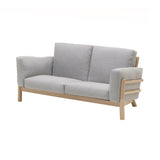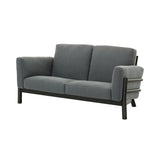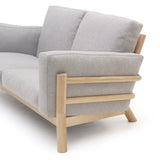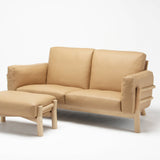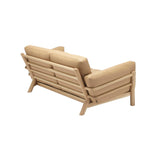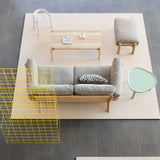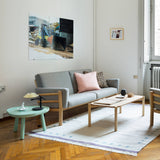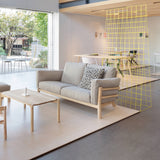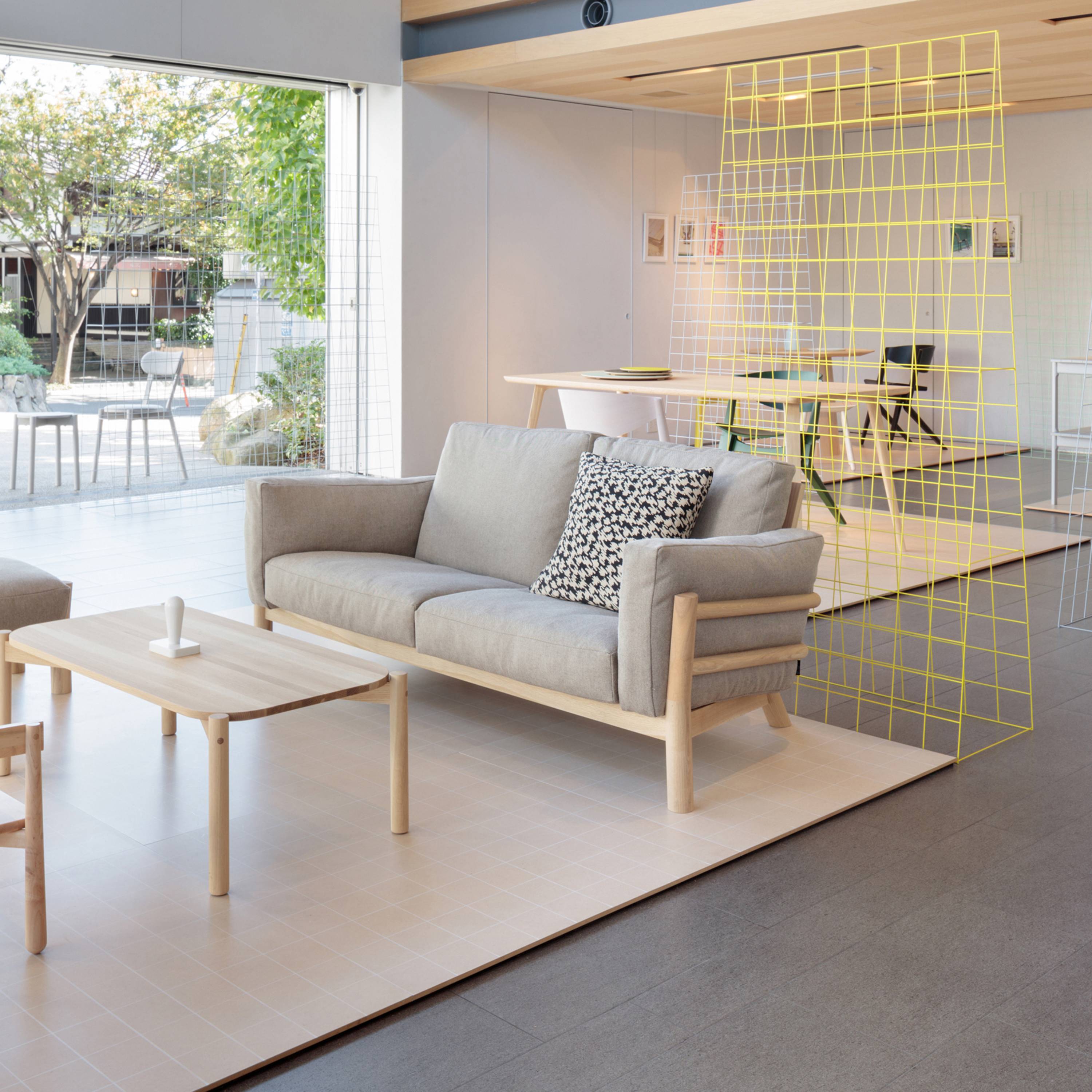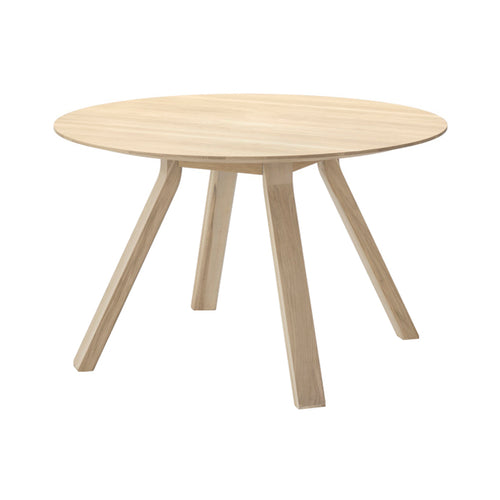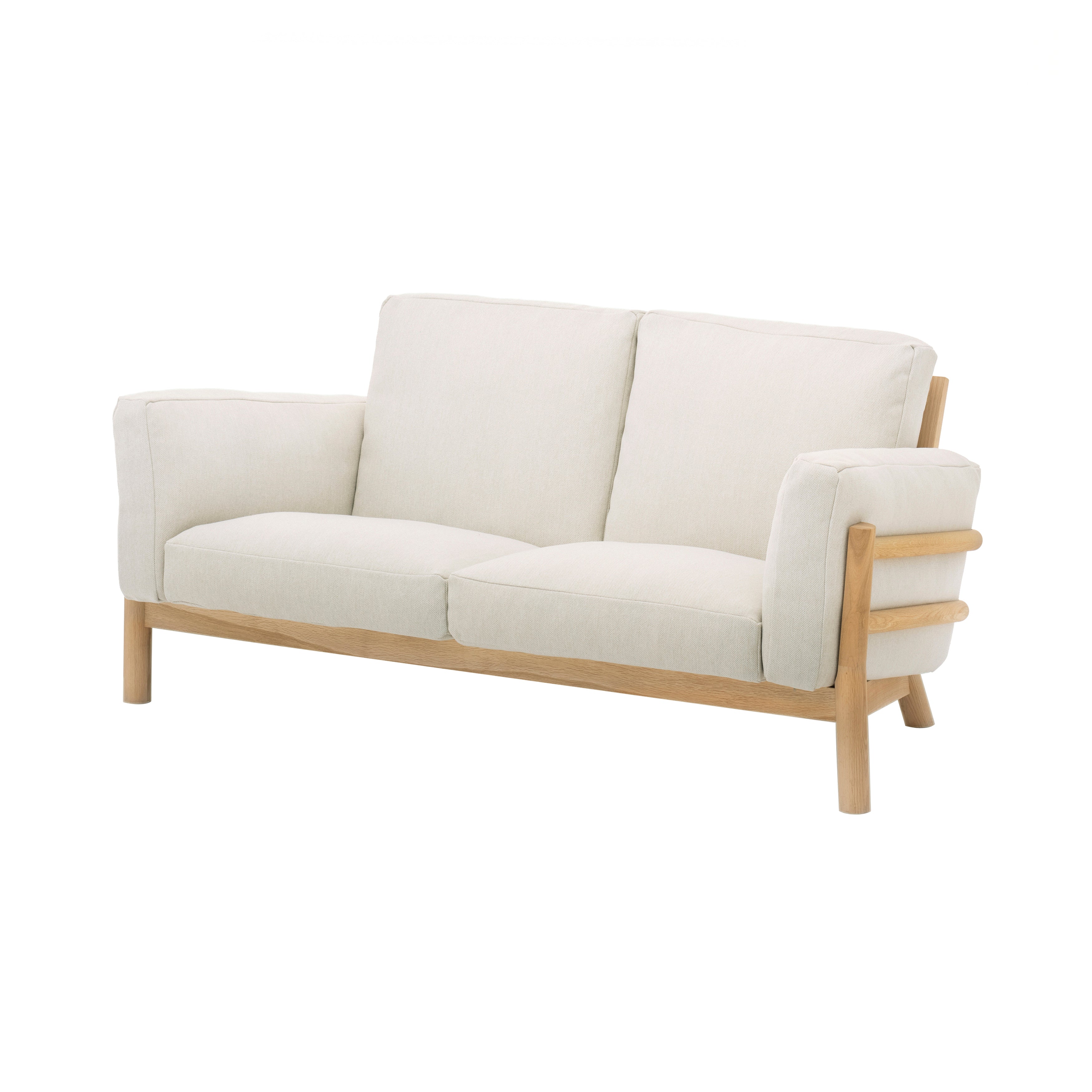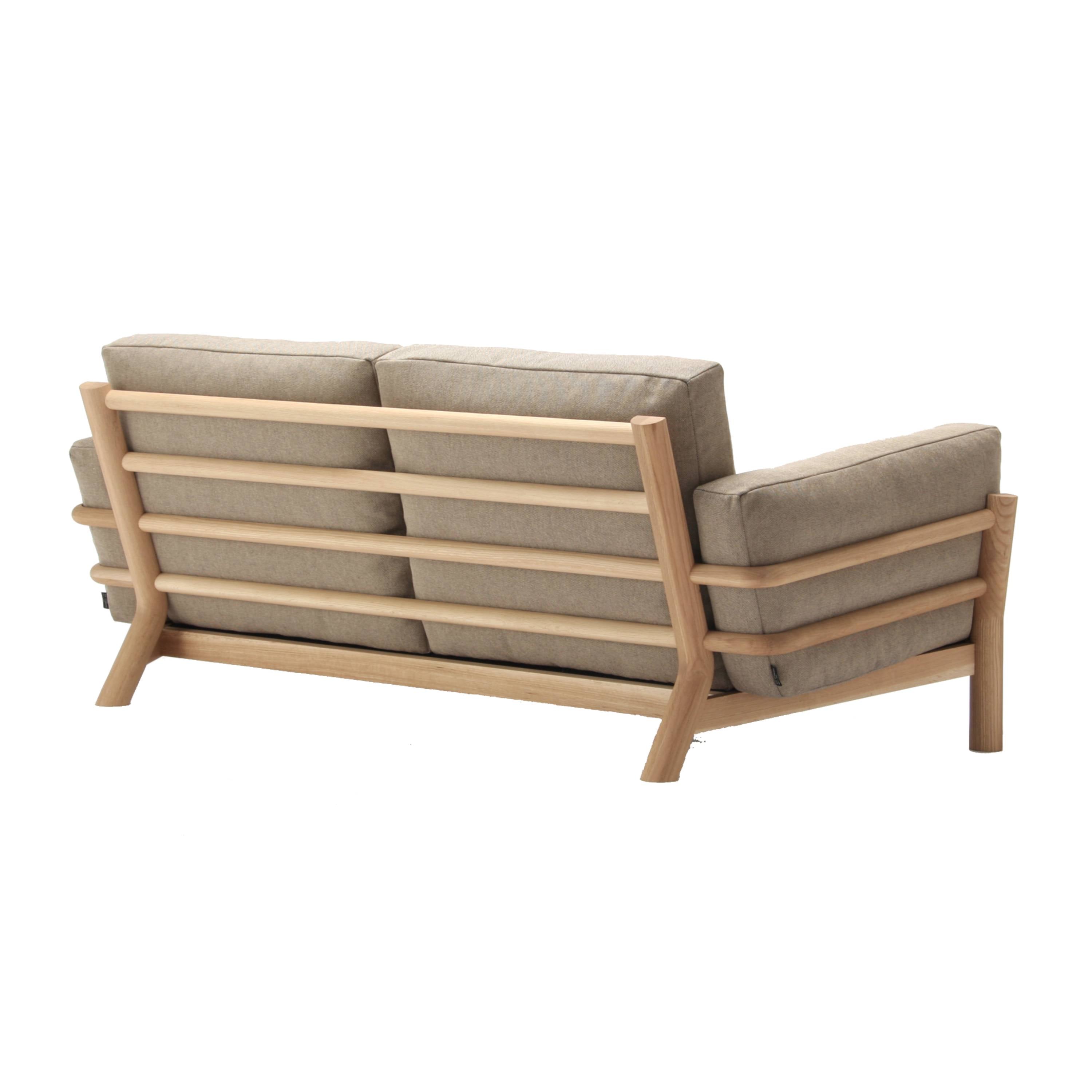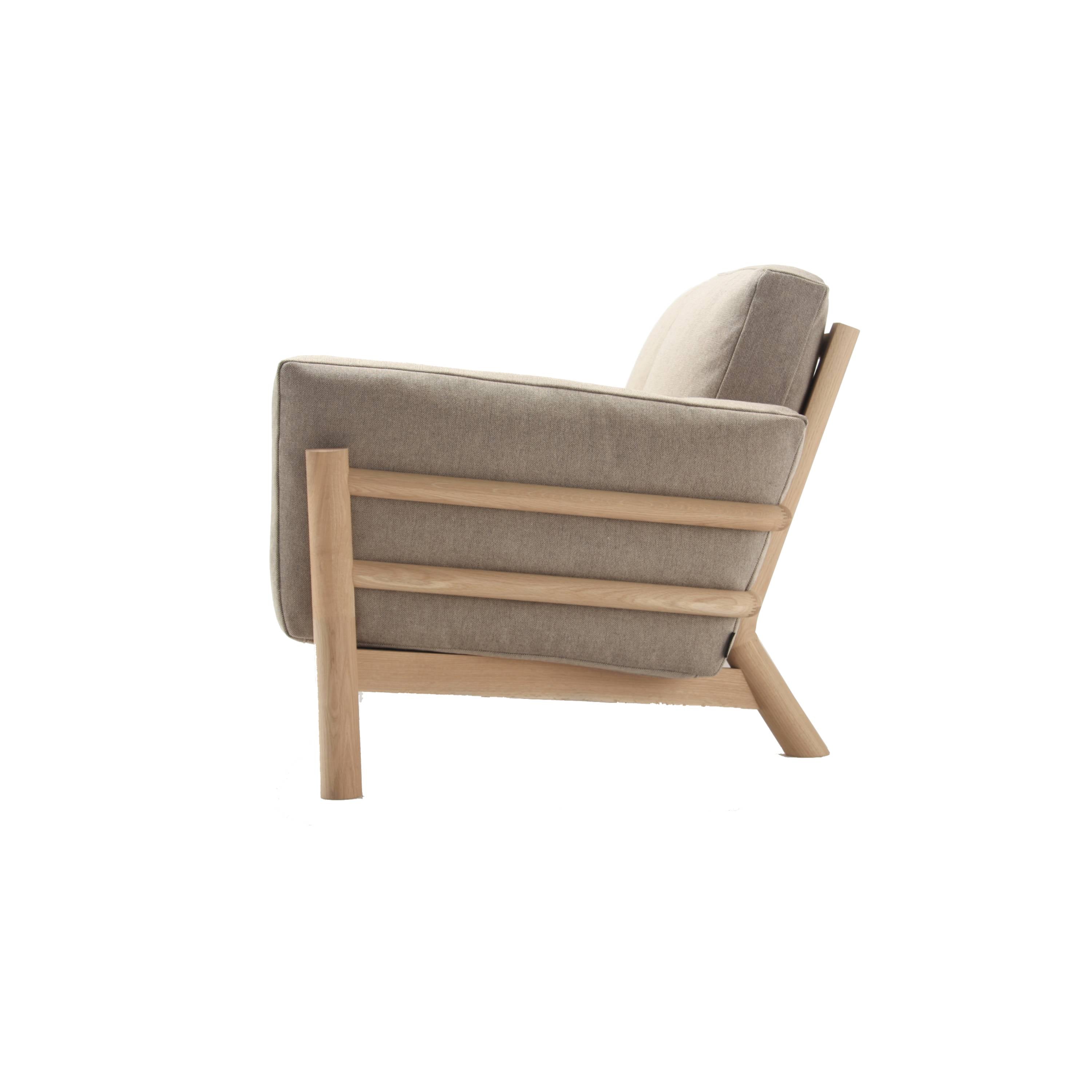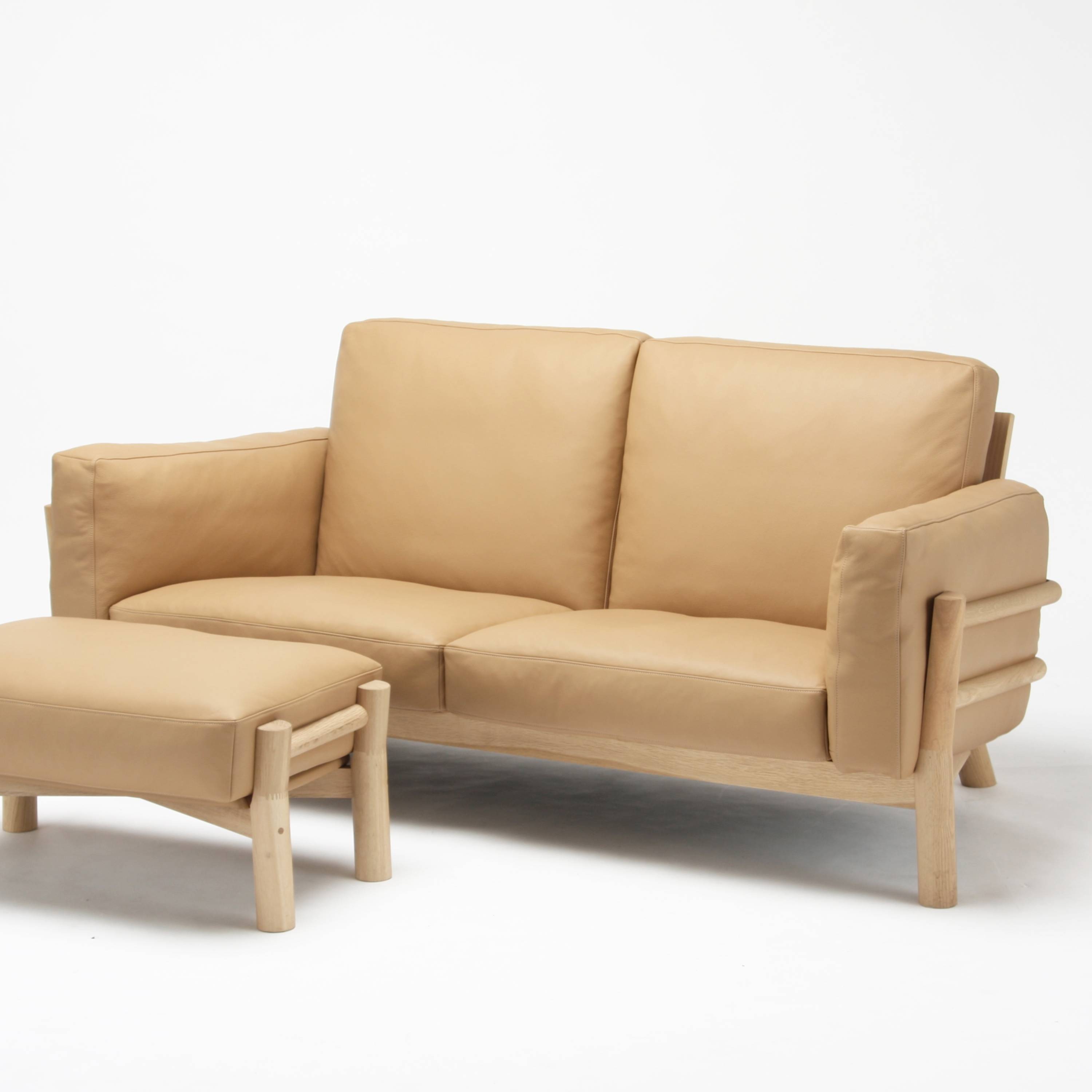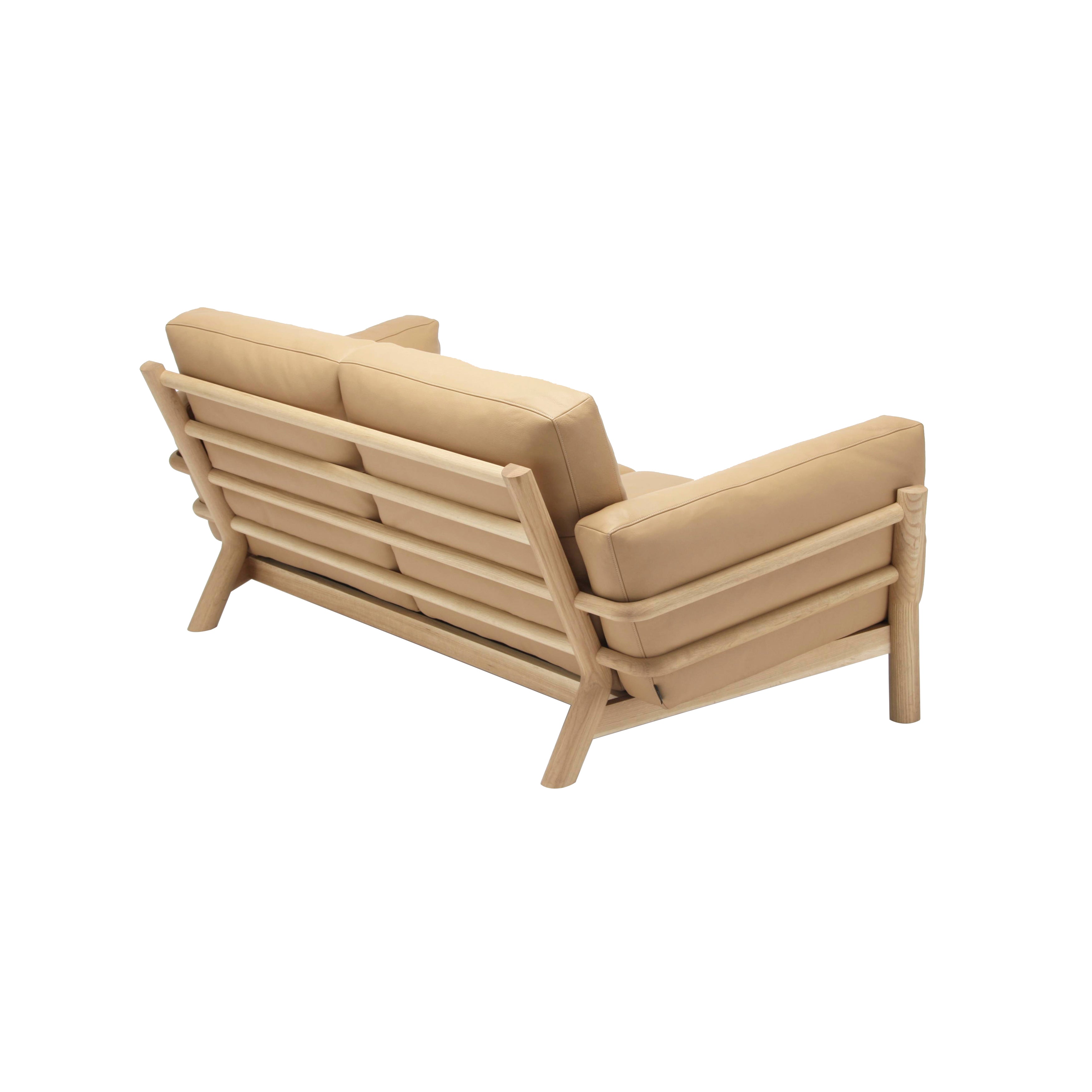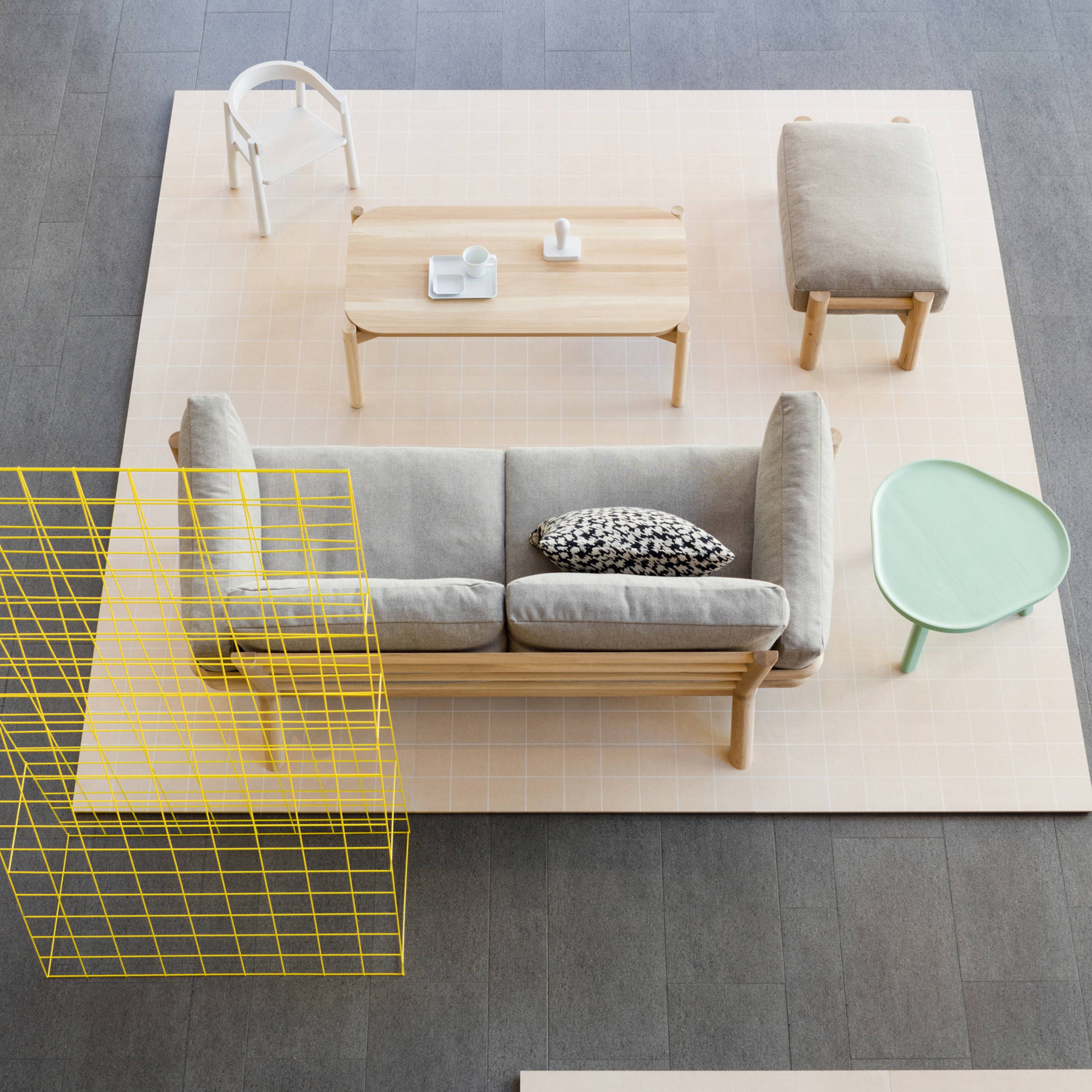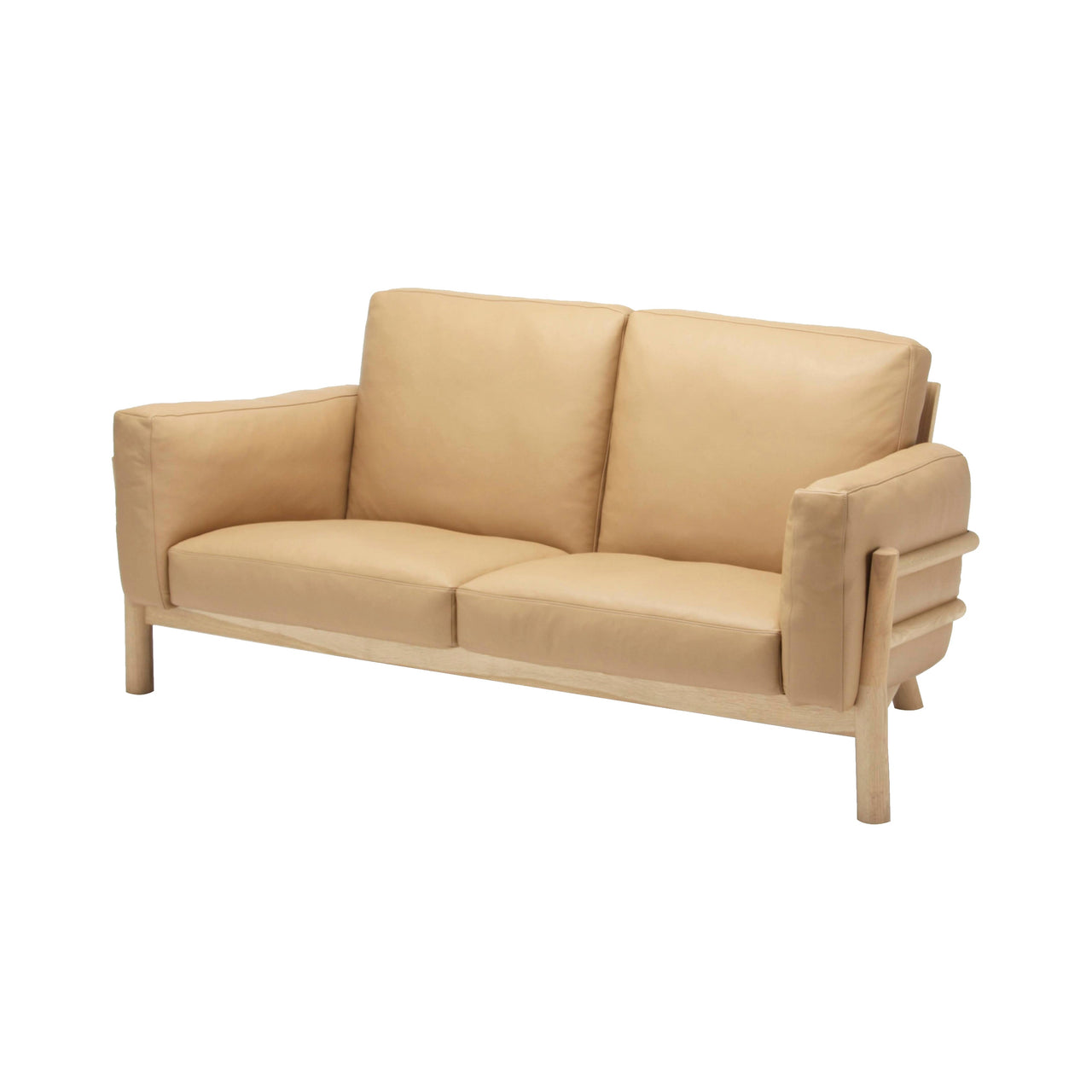
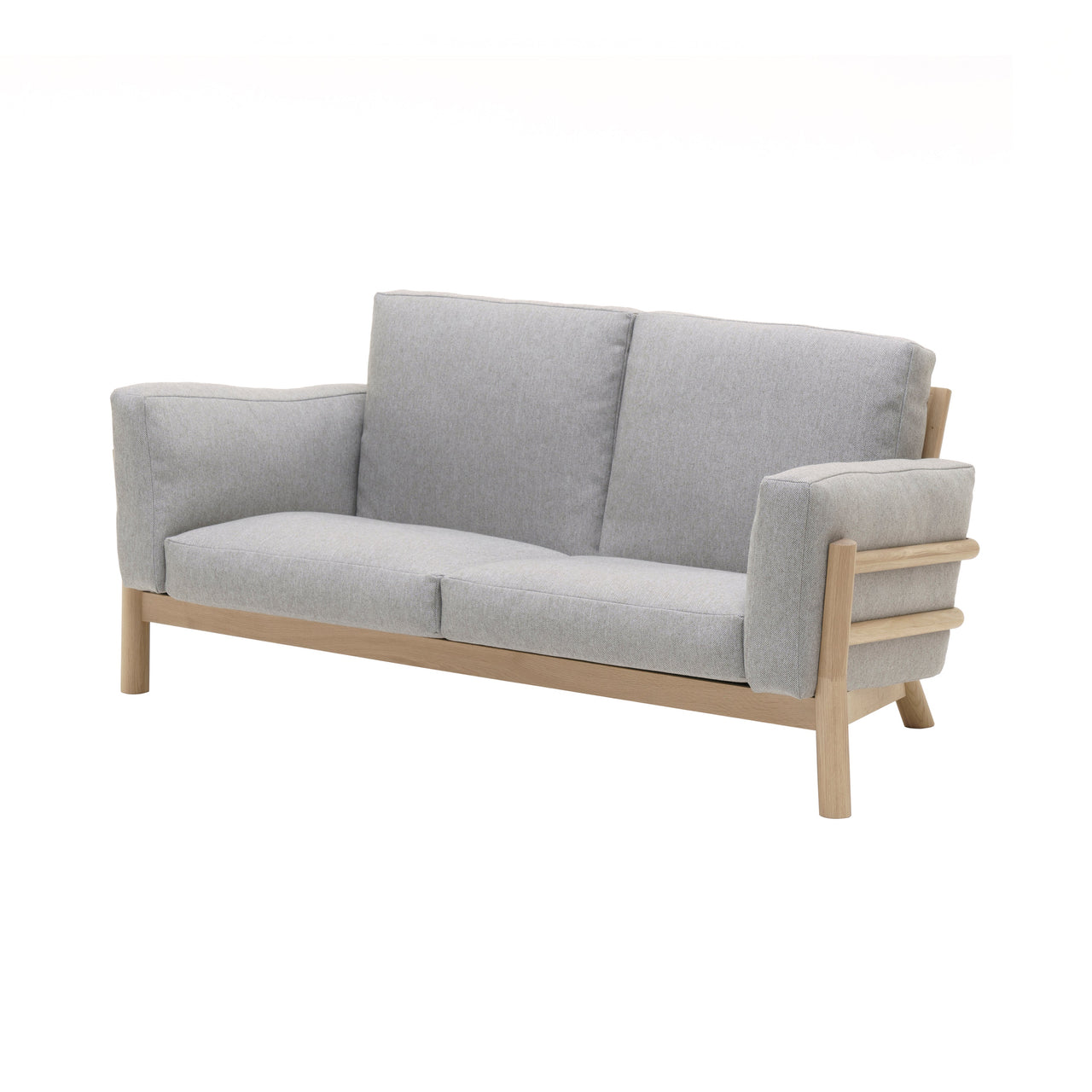
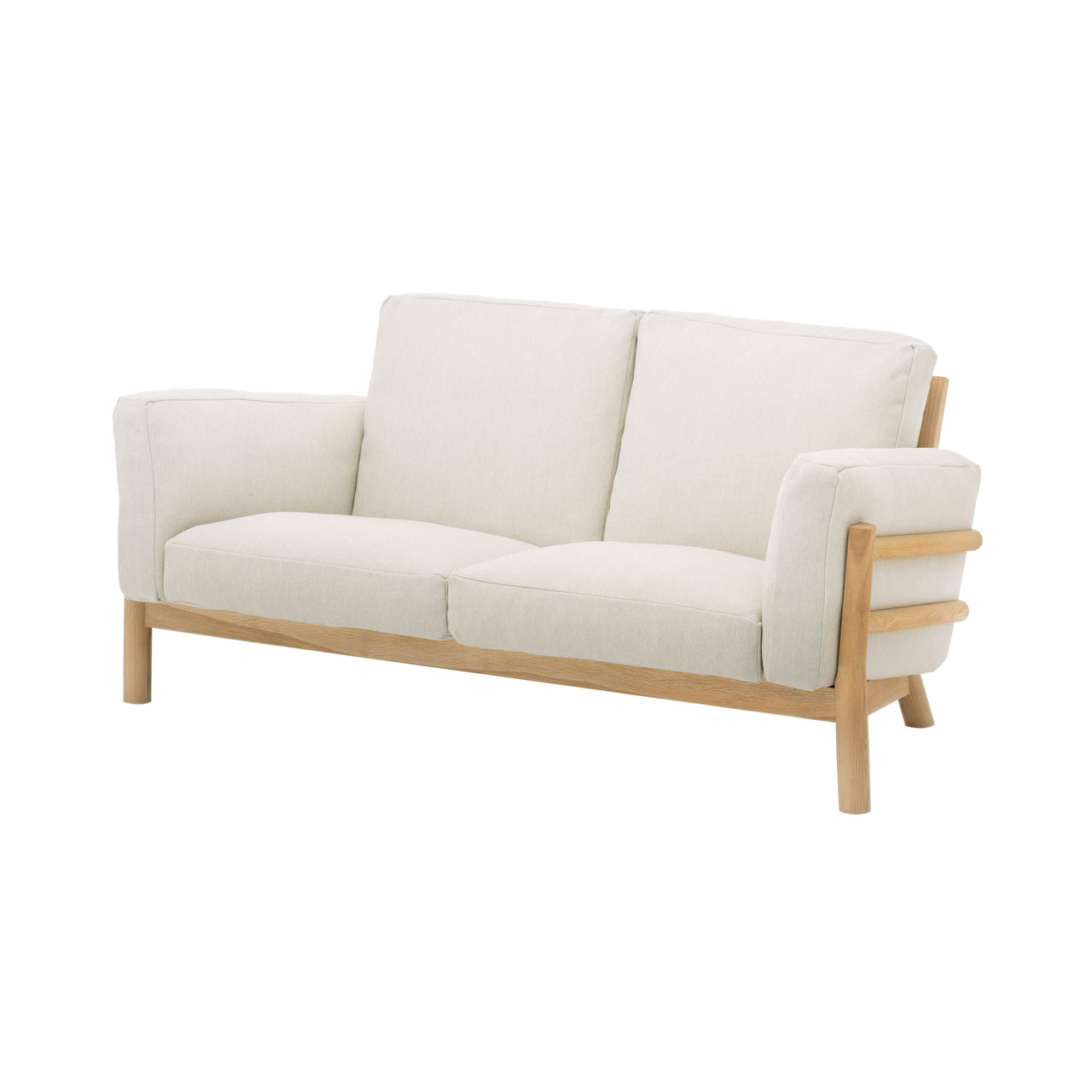
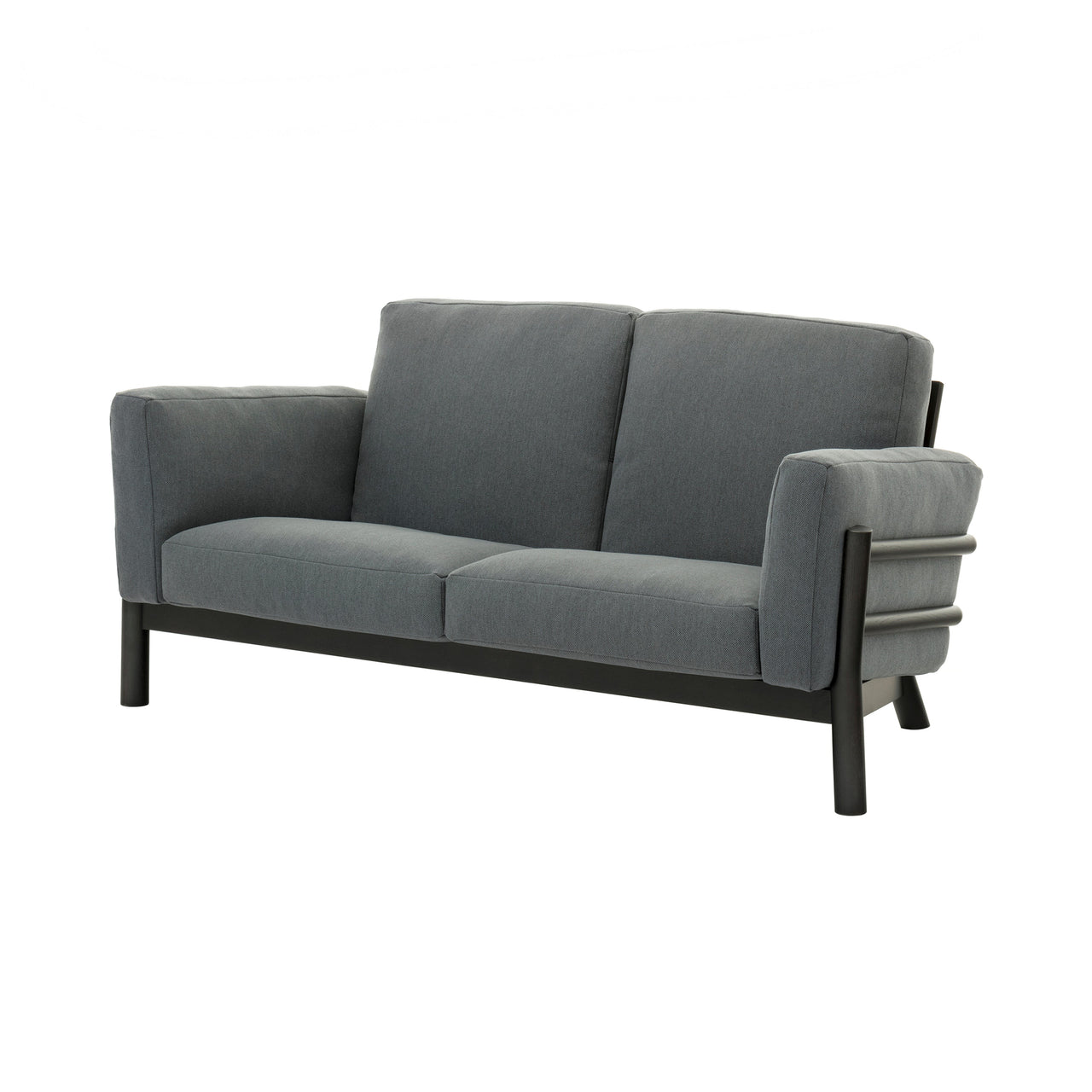

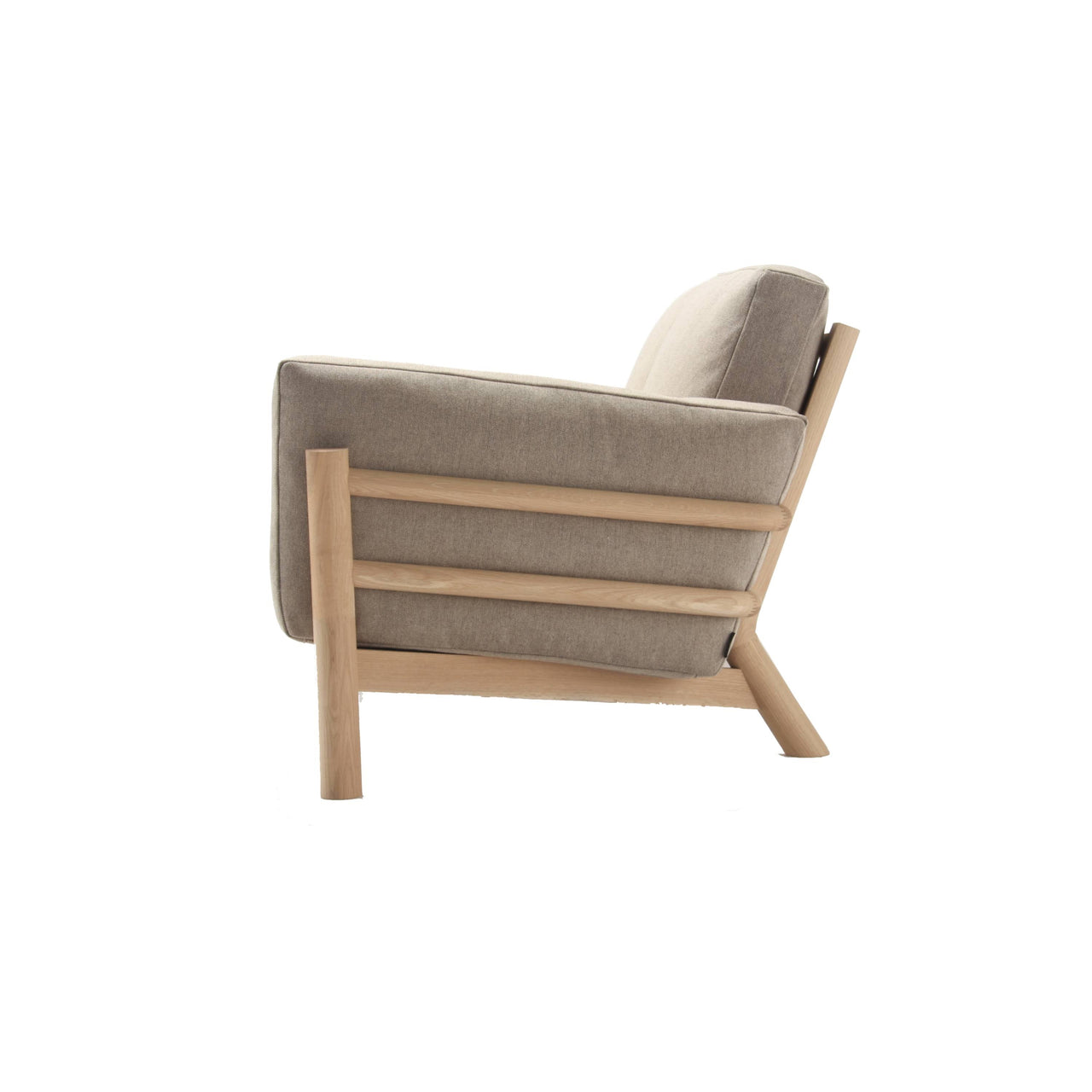
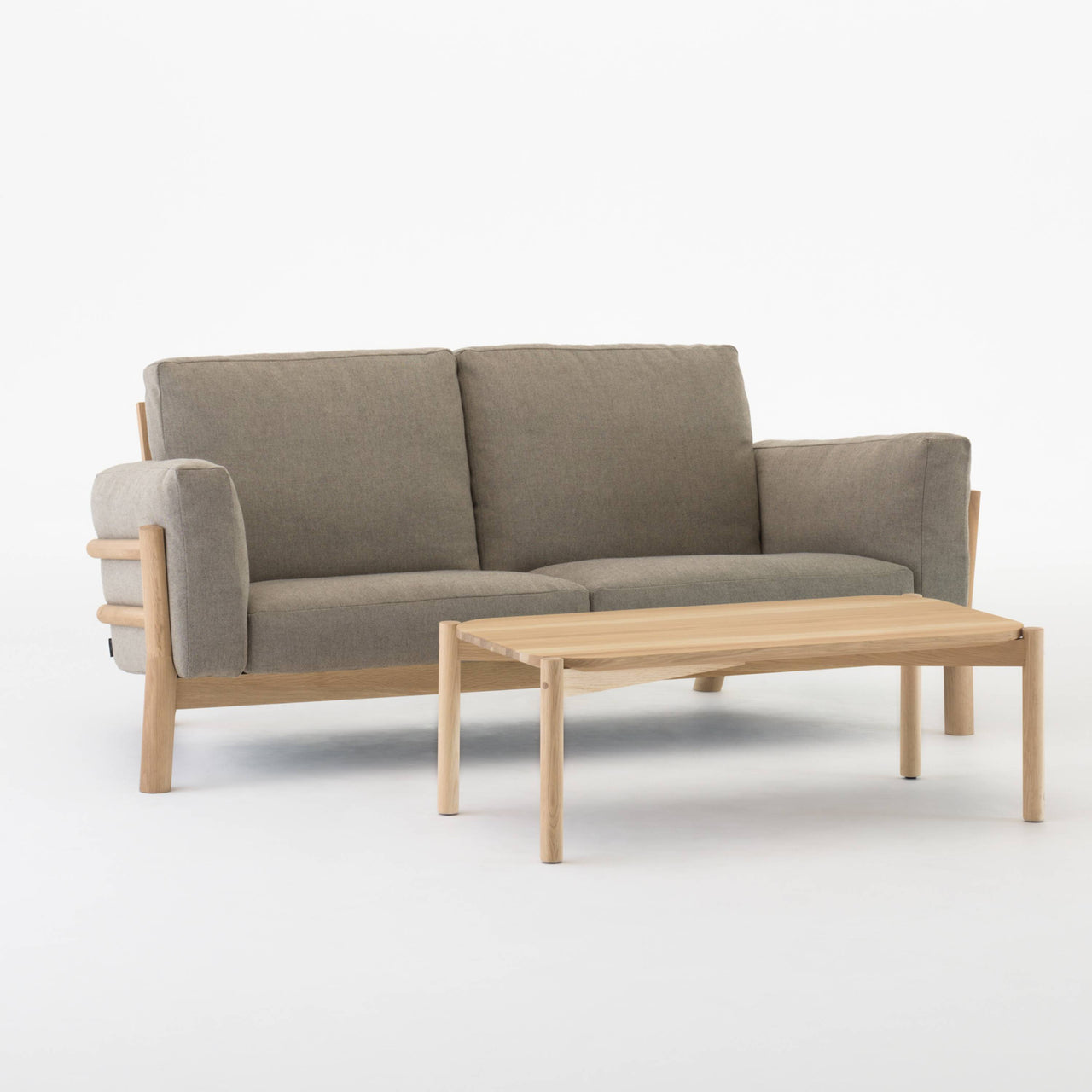
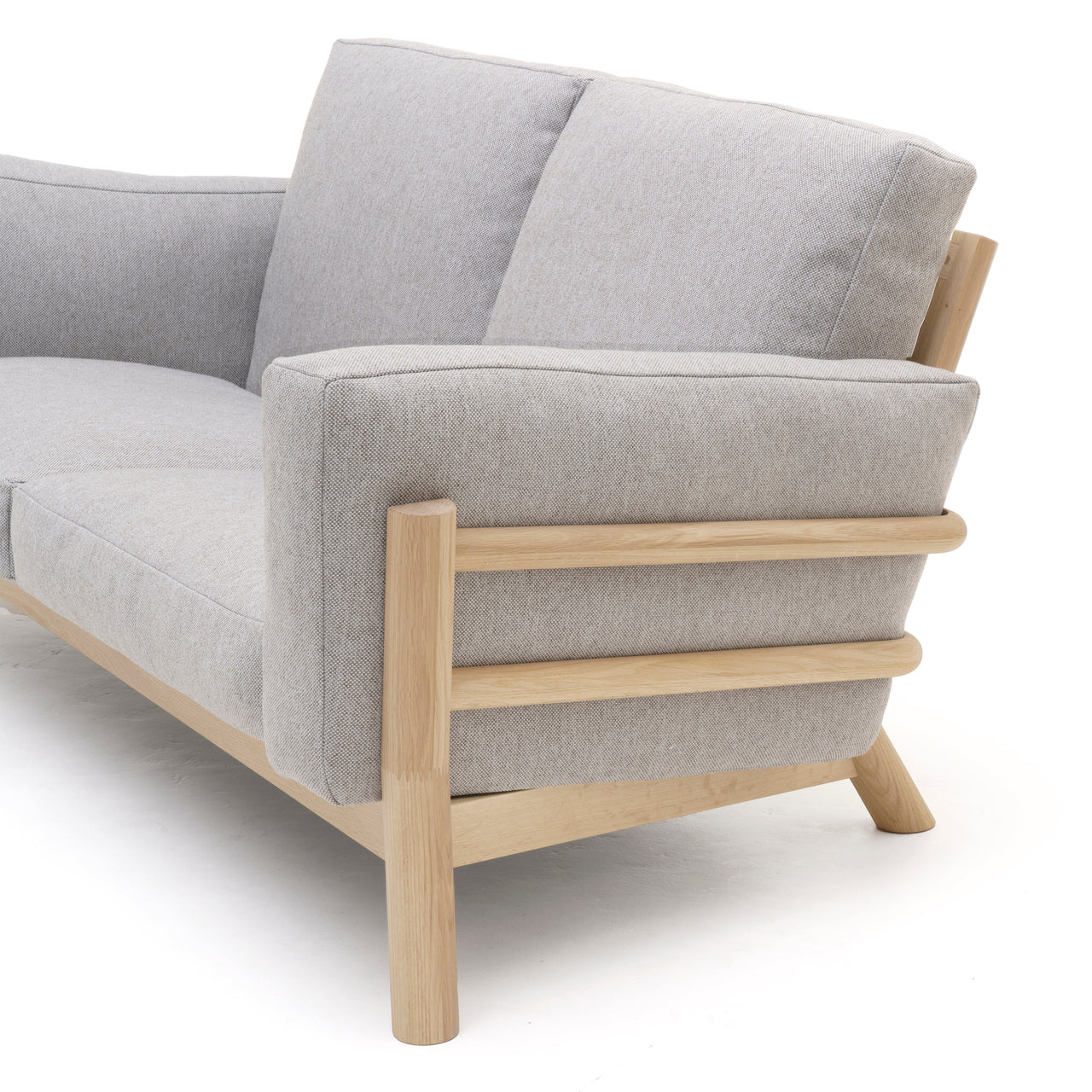
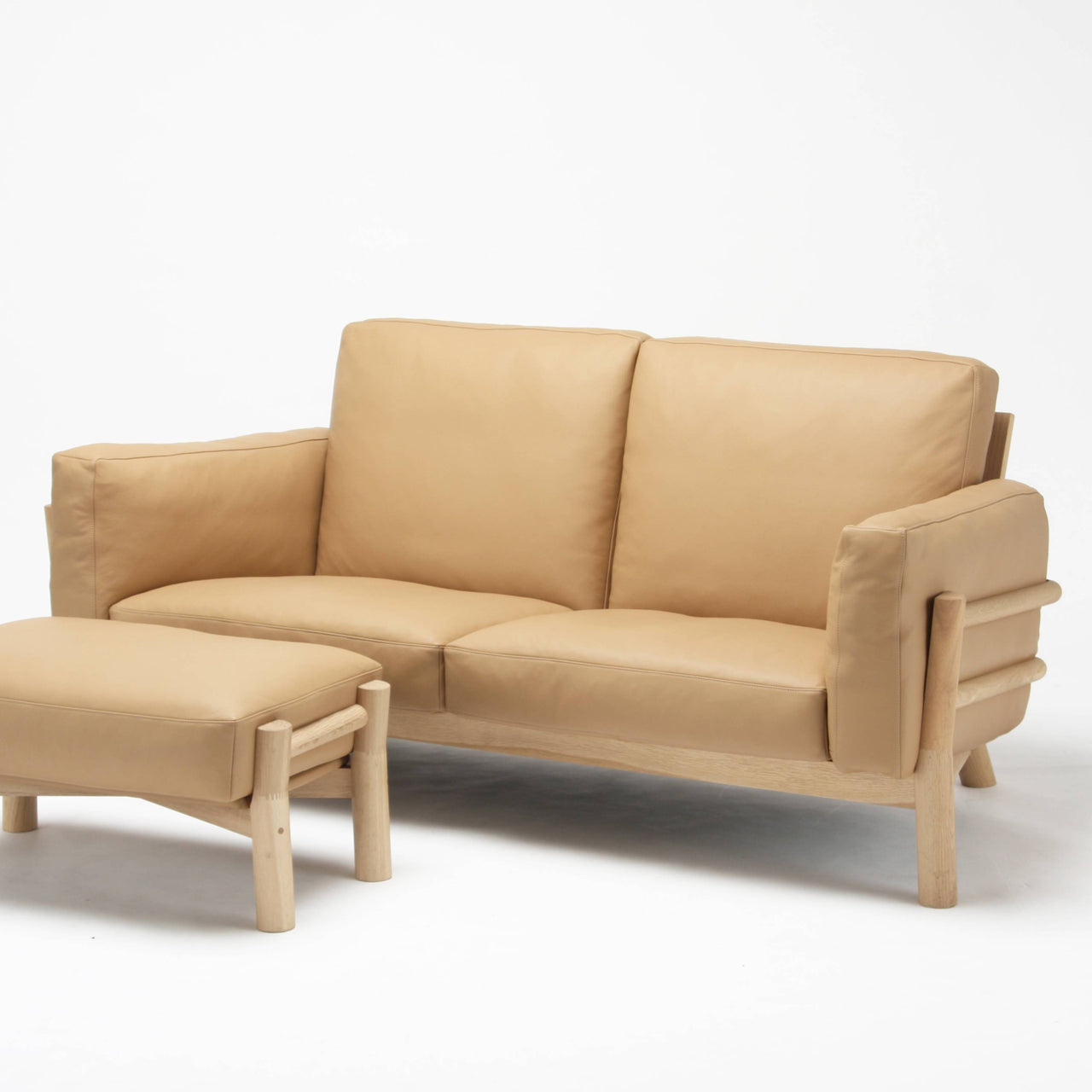
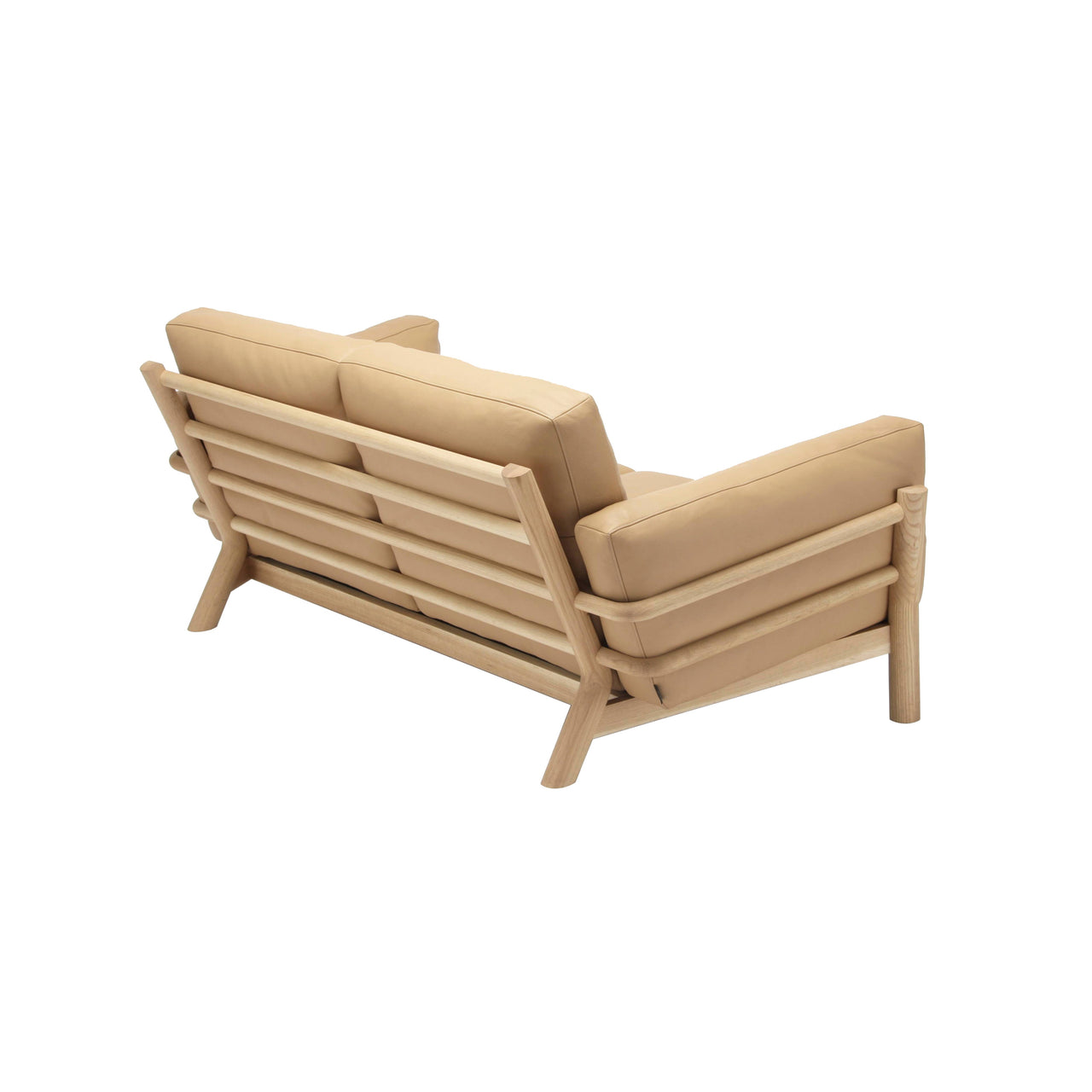
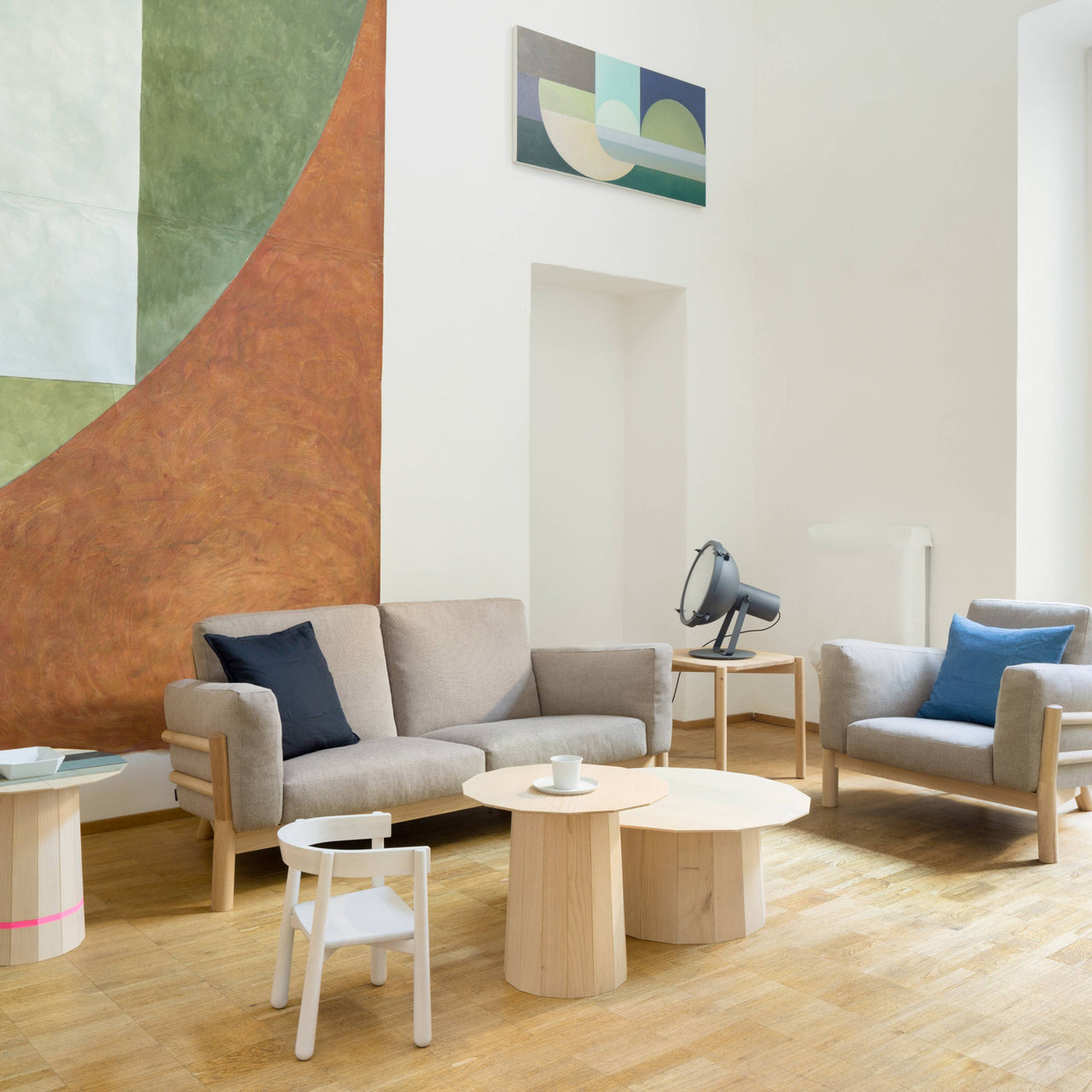
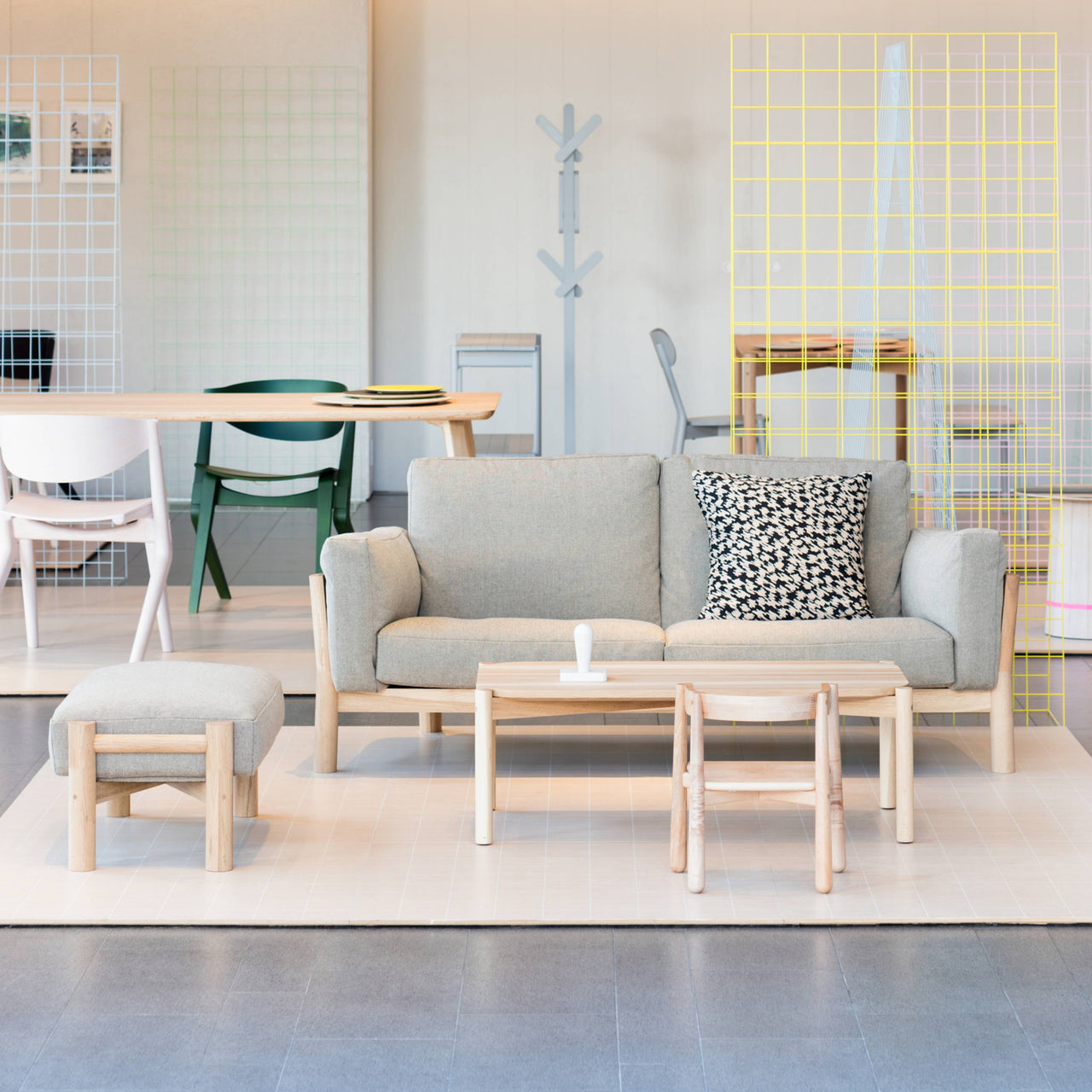
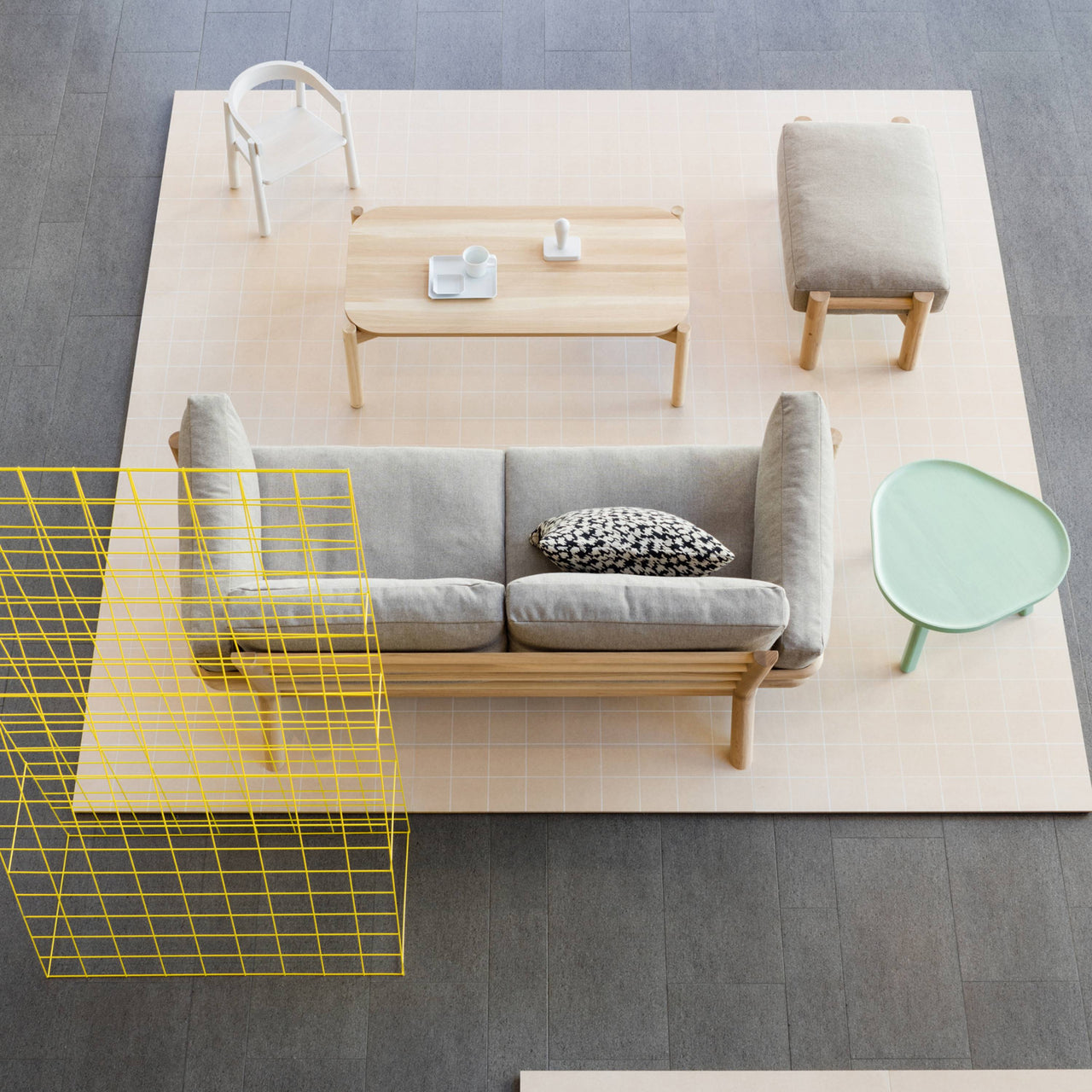
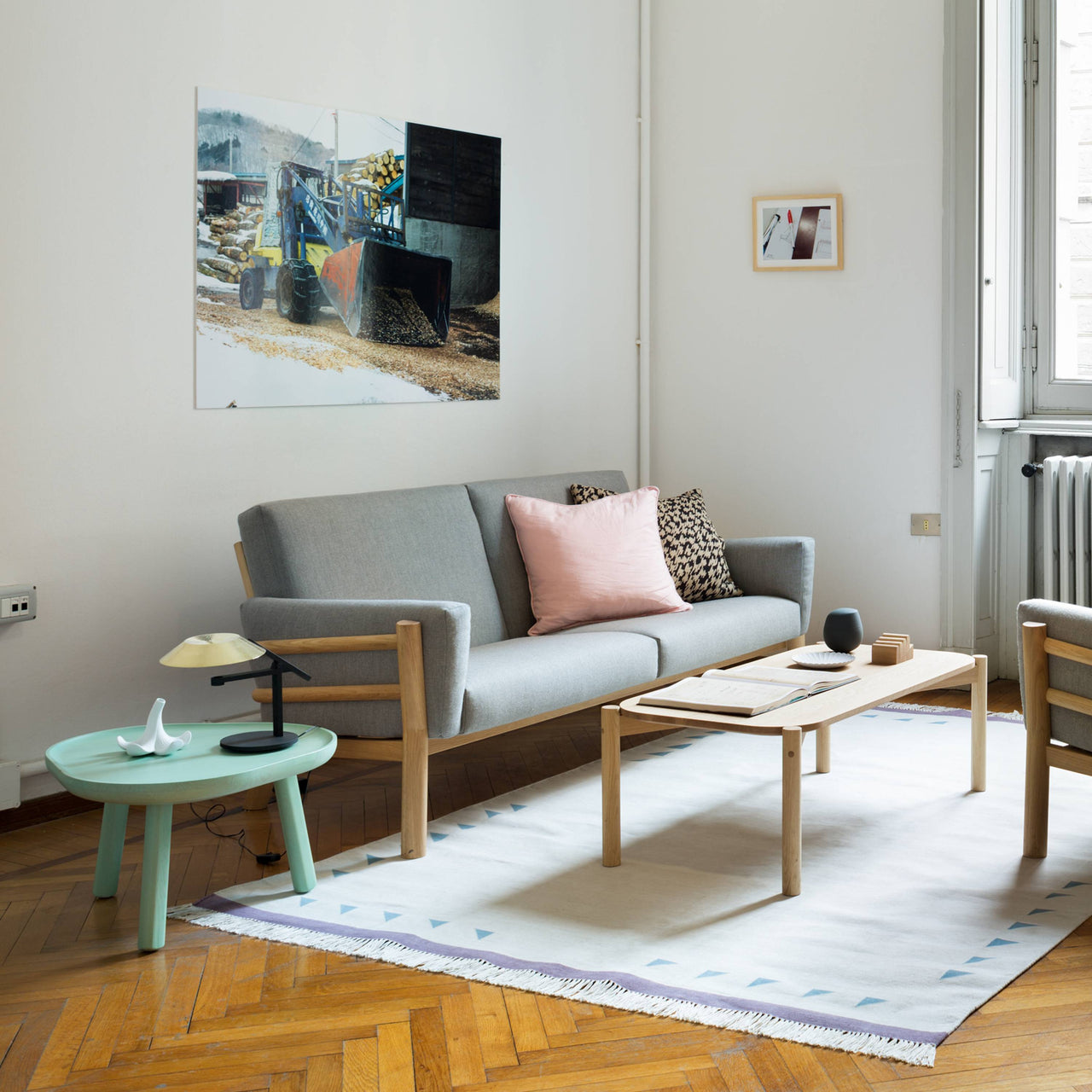

Karimoku New Standard × Big-Game
Castor Sofa 2 Seater
$4,975
–
$7,310
$4,975
–
$7,310
$4,975
–
$7,310
$4,975
–
$7,310
$4,975
–
$7,310
$4,975
–
$7,310
$4,975
–
$7,310
$4,975
–
$7,310
$4,975
–
$7,310
Description
With its visible framework, the Castor Sofa references Le Corbusier's iconic steel-wrapped seating. Yet, in a feat of exceptional woodworking, Karimoku New Standard's version is constructed from elaborately crafted and joined Japanese oak. The gracefully angled wood surrounds the sides and back of the sofa, looking as good from the back as from the front. Comfortably seating 2, the sofa's cushions are made from high-quality foam and natural feathers for complete comfort. The sofa is among the ongoing Castor series designed by the Swiss studio Big-Game and the Japanese heritage house, both acting on the philosophy that skilled craftsmanship emphasizing sustainably sourced hardwoods can result in furniture that should last at least as long as the tree it was made from.
Specifications
Size
- 29.5" h x 71.1" w x 34.6" d (75x180.5x88cm)
- Seat height: 14.6" (37cm)
Material
Oak
Details
Upholstery
- Mode
- Merit
- Vidar 4
- Steelcut Trio 3
- Leather
- Coda 2
- COM and COL are available on request
Brand
Karimoku New Standard
It has always been about the wood. Shohei Kato opened a small woodworking shop in 1940 from a longstanding timber firm he acquired in Kariya. The first letters of the town name combined with “moku,” as in “mokuzai” ( “wood”) provided the brand name. Furniture followed within 2 decades, along with several brands under the Karimoku umbrella. Then in 2009, with his grandson Hiroshi Kato as vice president, the Karimoku New Standard branch launched to develop works with international designers in the modern design arena.
The star roster includes Swedish studio TAF, the Swiss team Big-Game and Dutch duo Scholten & Baijings. Among them is David Glaettli, who also serves as KNS brand creative director and dubbed its credo as “high-tech and high-touch.” The highly skilled Japanese carpentry and hand-applied painting that are a part of the parent company heritage are integral to KNS. It also looks forward, revitalizing native forests by targeting undervalued, sustainably grown hardwoods. Advanced technologies have elevated the low-diameter chestnut, maple and oak trees, once turned into wood chips for paper pulp, into something of lasting beauty. The aim, notes Hiroshi, is “furniture that will be used and loved for more than 100 years.”

